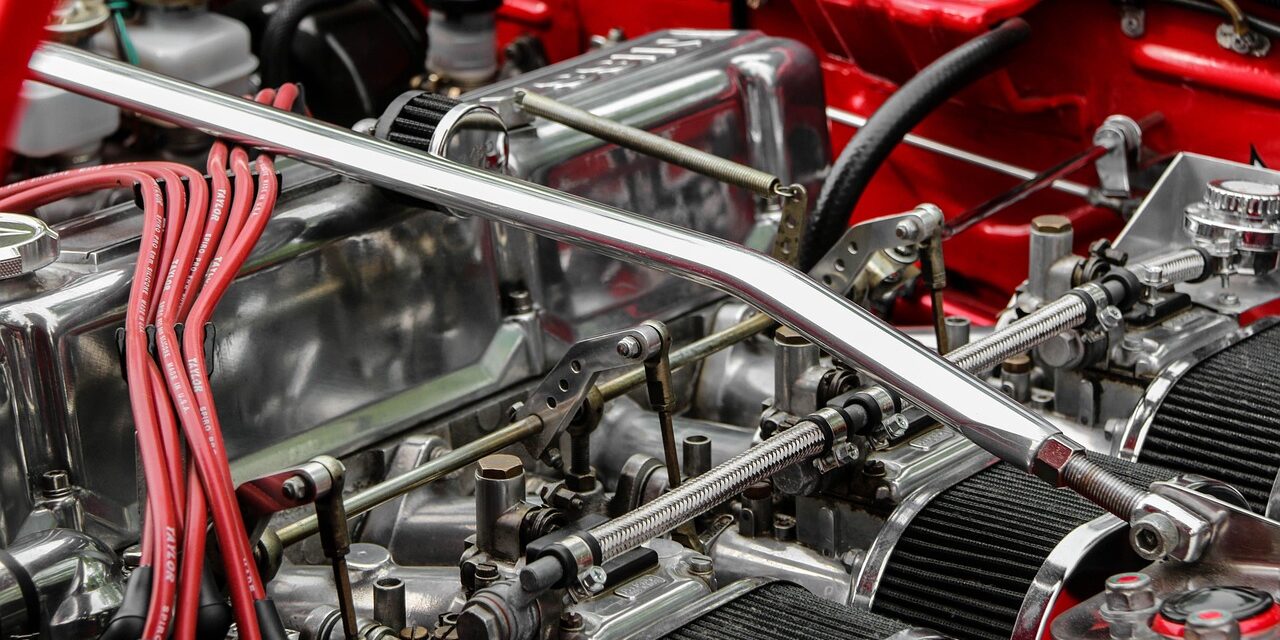Buying a used car can feel like a bargain hunter’s dream—but without the right checks, it can quickly become a costly nightmare. Beneath the surface, that low-mileage hatchback or sporty estate might be hiding accident damage, unpaid finance, or worse—police alerts.
A shiny finish and smooth test drive only tell part of the story. To really know what you’re buying, you need to dig deeper. That’s where a vehicle history check comes in—a simple, affordable step that could save you thousands.
Let’s look at how you can shop smart, dodge disaster, and make sure your next car comes with peace of mind—not paperwork problems.
Why You Can’t Rely on First Impressions
It’s easy to be won over by a clean interior, recent service, or smooth handling. But thousands of buyers every year unknowingly buy cars with unresolved issues. These include:
- Vehicles still under finance
- Cars previously written off
- Stolen vehicles being resold
- Tampered mileage (clocking)
- Poor long-term maintenance
A quick glance or even a professional clean can hide a lot of these problems. A history check, on the other hand, pulls back the curtain and shows you the full picture.
What a Vehicle History Report Reveals
Think of it as your personal lie detector for used cars. A full report includes:
1. Finance Check
Is there outstanding credit on the car? If so, it still legally belongs to the lender—not the seller.
2. Theft Check
Police databases confirm whether the vehicle has been reported stolen. If it has, you risk losing both the car and your money.
3. Write-Off Categories
Was it involved in a serious accident? Insurers assign codes like Category S (structural damage) or Category N (cosmetic/electrical issues). Some write-offs are okay, but you need to know what you’re getting into.
4. Mileage Accuracy
A reliable history report checks for clocking—the practice of winding back the odometer to inflate the car’s value.
5. MOT Insights
From MOT history, you can spot patterns of poor maintenance, advisory warnings, and test failures.
6. VIN Consistency
Does the Vehicle Identification Number (VIN) on the car match the logbook and service history? If not, something’s not right.
7. Other Flags
You’ll also see number plate changes, colour updates, export status, and whether the car’s been marked as scrapped or affected by recall notices.
Where to Get a Vehicle History Report
Basic checks like MOT status and tax validity are free through government portals:
- DVLA Vehicle Info
- MOT Checker
- Vehicle Tax Status
But to go deeper, use a reputable paid provider. These typically cost between £10–£20 and include all the critical alerts listed above:
- Car Owl
- HPI Check
- AA Car Data Check
- RAC Vehicle Check
- AutoTrader Vehicle Check
️ How to Do It in 5 Easy Steps
- Get the Registration and VIN
You’ll find the VIN on the car’s chassis, inside the door frame, or listed in the V5C logbook. - Choose a Reliable Platform
Use one of the trusted providers above to get a comprehensive report. - Enter the Details
Registration number, VIN, and your email—then purchase the check. - Download and Read the Report
Look for red flags like write-offs, mileage gaps, or finance alerts. - Ask Questions or Walk Away
If anything feels off, don’t be afraid to challenge the seller—or simply find another car.
Bonus Tips to Avoid Getting Ripped Off
✅ Meet at the Seller’s Home
The address should match the V5C logbook. Avoid vague meeting points like car parks.
✅ Ask for Service History
A folder full of receipts is a green flag. No records? Proceed with caution.
✅ Inspect the Car in Daylight
Check body panels, tyre condition, lights, and electronics. Look for signs of resprays or repairs.
✅ Be Wary of Pushy Sellers
If they won’t let you inspect the car properly or rush the deal, something’s likely wrong.
✅ Check Market Prices
Compare with listings on AutoTrader or Parkers to make sure the deal isn’t suspiciously cheap.
Final Thoughts: The Best Bargains Are the Ones Without Surprises
A car history report is a small step that offers huge protection. Whether you’re buying from a dealership or a private seller, don’t make the mistake of relying on appearances or promises.
Use tools like Car Owl, HPI Check or AutoTrader Vehicle Check to verify everything before you part with your cash.
Because when it comes to buying second-hand, the smartest deals start with facts—not assumptions.


















